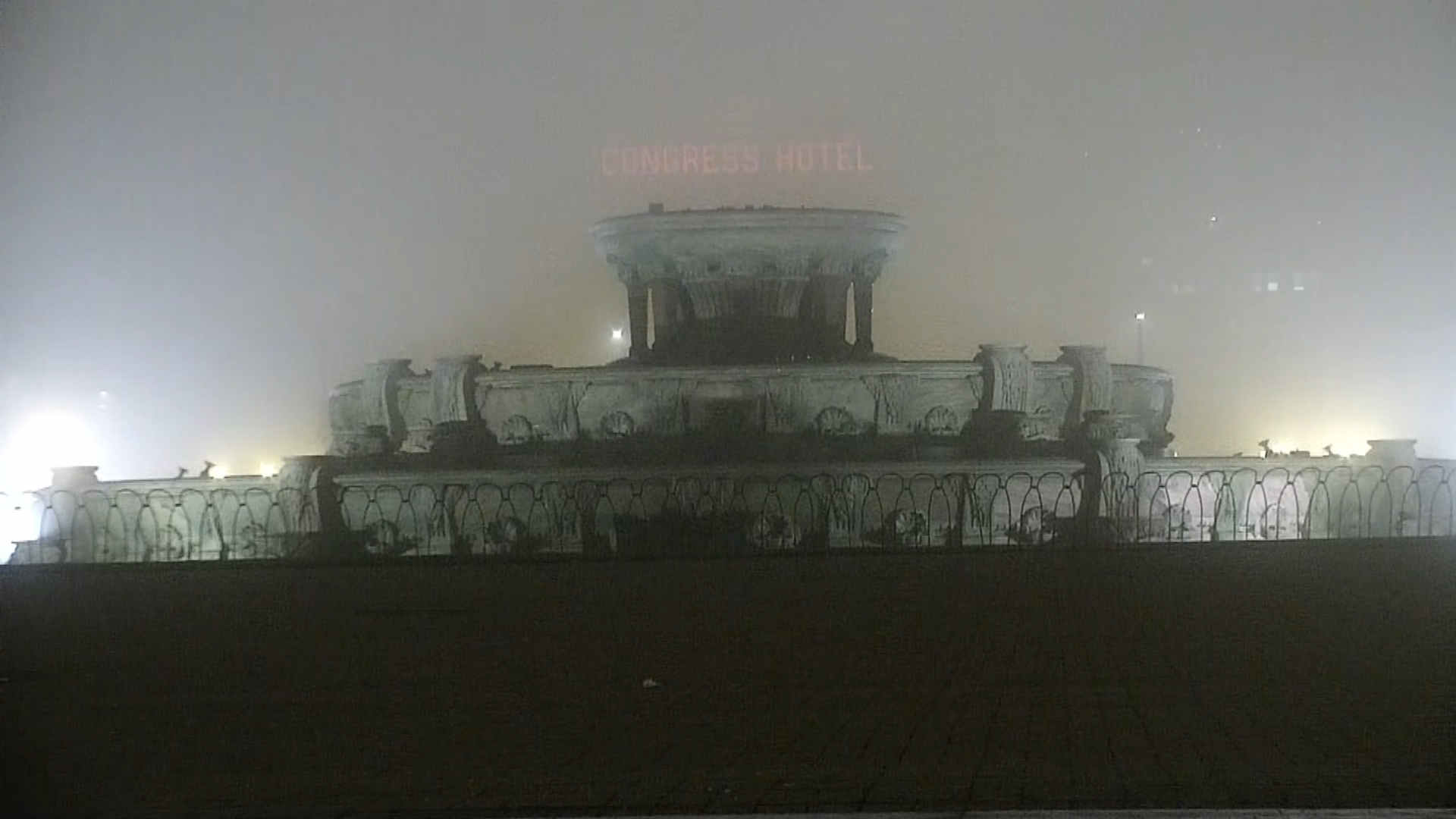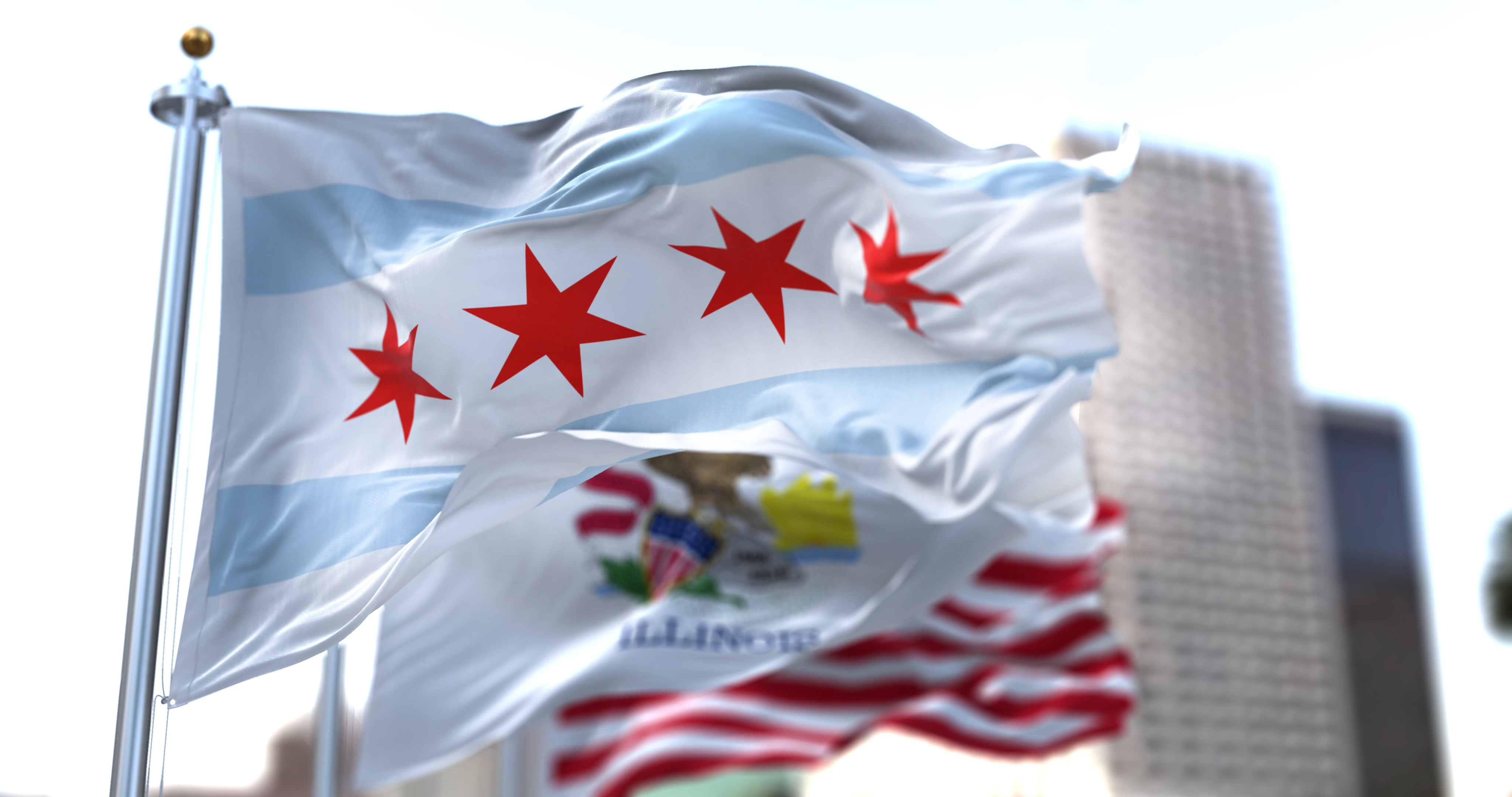Dozens of families who trusted a senior living facility to care for their loved ones are now out hundreds of thousands of dollars after the retirement community filed for bankruptcy and has since failed to pay refunds due to former residents.
Once the largest non-profit continuing care retirement community in Illinois, Friendship Village of Schaumburg charged residents a large entrance fee to move in, with that money meant to be refunded if the resident moved out or passed away.
After Friendship Village was sold in 2023 following their bankruptcy filing, former residents who are owed thousands of dollars have learned they are on track to receive back merely a fraction of what they paid to get in.
Dan Scheibenreif and his father, Joe, had always been close.
“Boy, he was a hard worker. He was a Chicago fireman for 32 years,” Dan Scheibenreif sadi.
Joe was also always independent. So when he turned 80 years old just before the pandemic, he told his son he was moving into Friendship Village.
It was a continuing care retirement community that promised independent living, but also had medical care on site if his health deteriorated.
“In his mind, probably this was a way to relieve us of some of the responsibility of his failing health. He would be able to move into this place, he had signed a life care contract, and would have access to the higher levels of care,” Scheibenreif told NBC Chicago.
The price of entry was steep - a $262,000 entrance fee, and almost $3,300 monthly for rent. Joe’s contract promised the majority of those funds would be returned if he ever sold his unit.
Local
“His financial legacy, I think was one of those things that was really important to him. And that was one of the reasons he wanted the 90% refundable contract,” Scheibenreif said.
Just two years after moving in, Joe Scheibenreif passed away.
Feeling out of the loop? We'll catch you up on the Chicago news you need to know. Sign up for the weekly Chicago Catch-Up newsletter here.
According to his contract, Joe’s family should’ve gotten 90% of his entrance fee, roughly $234,000, back when his unit was re-occupied.
But soon after Joe’s death, Friendship Village filed for bankruptcy, with the company's CEO saying they were unable to recover from the COVID-19 pandemic.
Nearly two years after his passing, Joe’s family is still waiting for their refund.
“My father was 80 years old when he moved into this place. He was sold on this idea of bingo and bumper cars, not bankruptcy,” Scheibenreif said.
Late last year, the facility was sold to a New York-based company.
As for the entrance fees owed to roughly 100 former residents and their families, just $2 million will be held in trust to distribute to them on a pro rata basis, according to the latest bankruptcy filings.
“There's $2 million that's been set aside by the purchaser intended to cover the roughly $20 million of monies owed to these former residents. So it's roughly, as we understand it, roughly 10 cents on the dollar,” Scheibenreif said. “You're talking about over 100 families to the tune of $20 million of collective wealth, it's just gone. A lot of the money that he had envisioned sort of passing on, and helping his grandkids and great grandkids. It's just, it's just gone."
So how could this happen?
Per state law, all life care facilities are required to file mandatory financial audit reports annually with the Illinois Department of Public Health.
NBC 5 Responds requested several years of Friendship Village audits, but in 2018, 2021, 2022 and 2023, they didn’t submit any of the required financial audits to the state.
CEO Mike Flynn answered questions about the missing audits during a bankruptcy hearing last year.
“At the advice of their auditors, they suggested not to complete an audit until we have a plan to get through the financial crisis,” Flynn said.
Scheibenreif wonders if the state could have intervened if they had audit reports showing Friendship Village's financial issues.
“Where was the state? Where's the accountability?” Scheibenreif said. “A lot of the money that [Joe] had envisioned sort of passing on, and helping his grandkids and great grandkids, it's just, it's just gone.”
NBC 5 Responds asked the Illinois Department of Public Health if it is taking action against Friendship Village for not submitting those audit reports.
The agency said they are "unable to comment" due to the "pending bankruptcy case."
Some, like Scheibenreif, feel the last mechanism people had to be protected by the state was overlooked completely with no consequence.
“One of the things we found is, especially when it gets to the realm of bankruptcy, there's so much federal law that just supersedes state law,” 41st District State Rep. Janet Yang Rohr said.
Rep. Yang Rohr is one of a few lawmakers filing legislation to bring more financial transparency to how life care facilities like Friendship Village operate.
“We can make sure that they are going in with eyes wide open, that they have the information, the data that they need. It'll also show you know the number of people who are waiting for their refunds,” Rep. Yang Rohr said.
“For me, the impact is less financial and it's more emotional, right? I was my dad's second set of eyes over a lot of this stuff. So for me, it's a bit of an admission of failure,” Scheibenreif said.
Similar legislation has been shot down in recent years, but many hope the publicity around Friendship Village’s demise will convince lawmakers that the life care system needs more transparency.
NBC 5 Responds did not hear back from the bankruptcy attorney for Friendship Village or their new ownership company upon request for comment.



